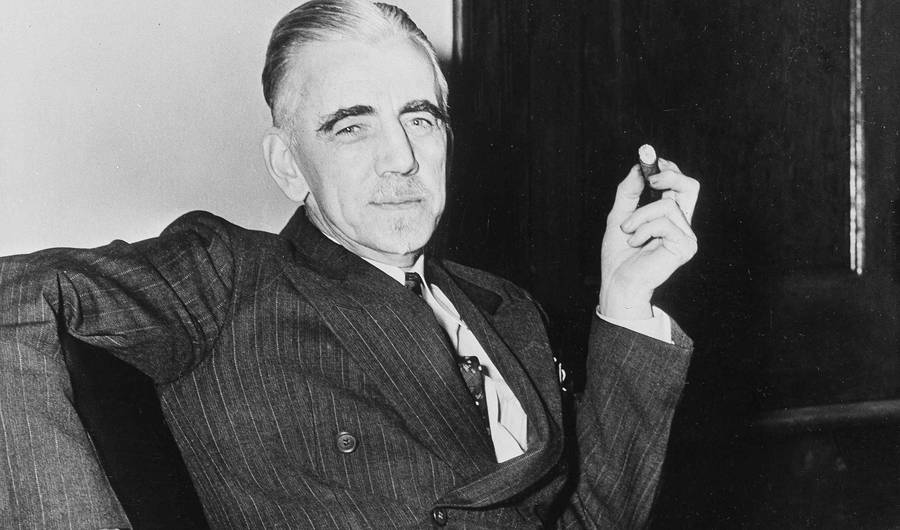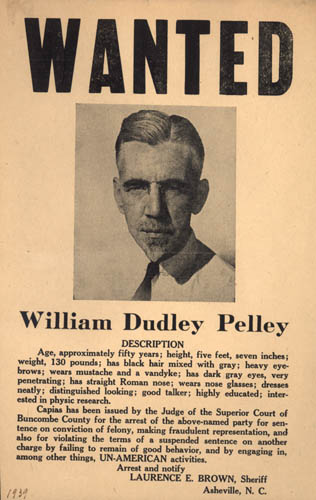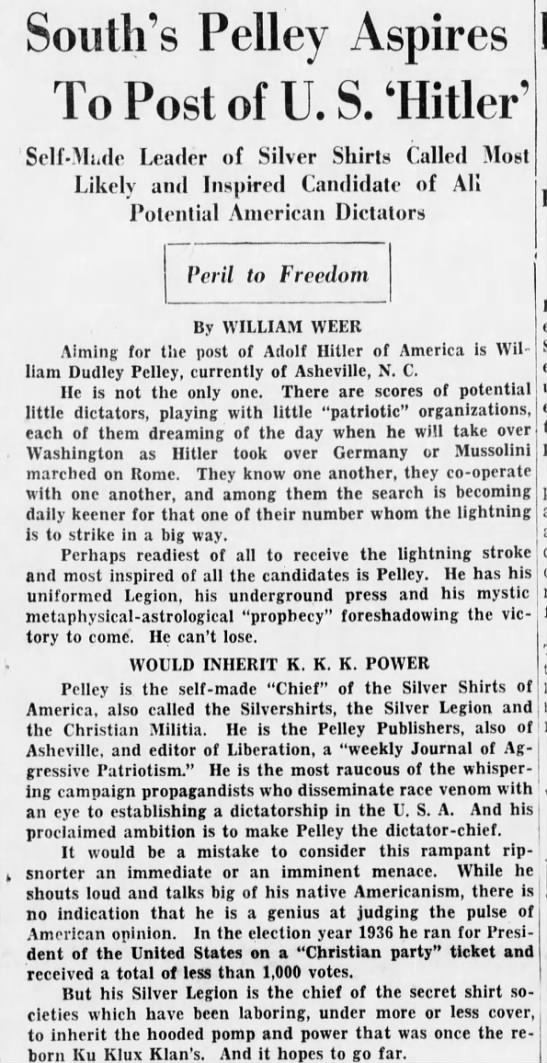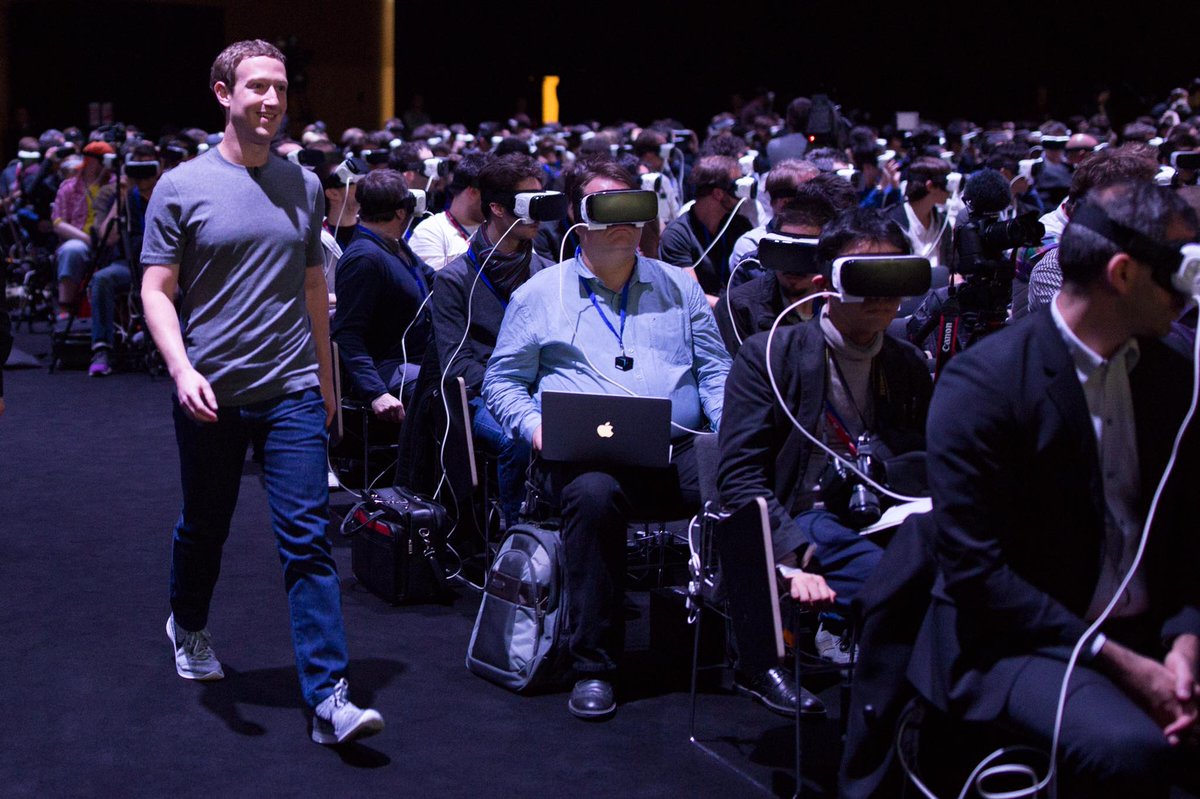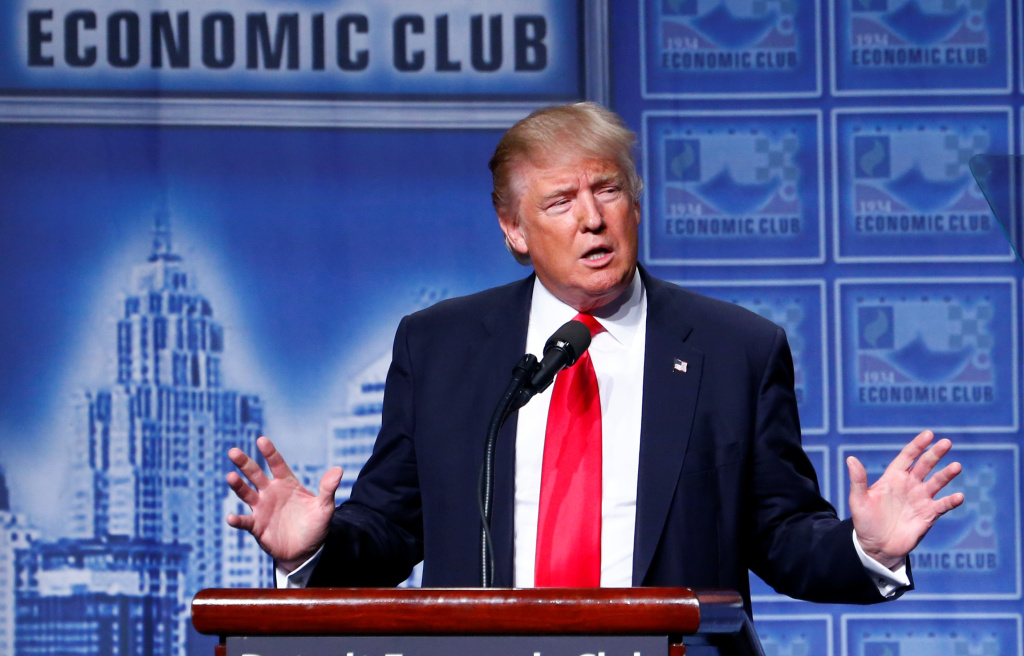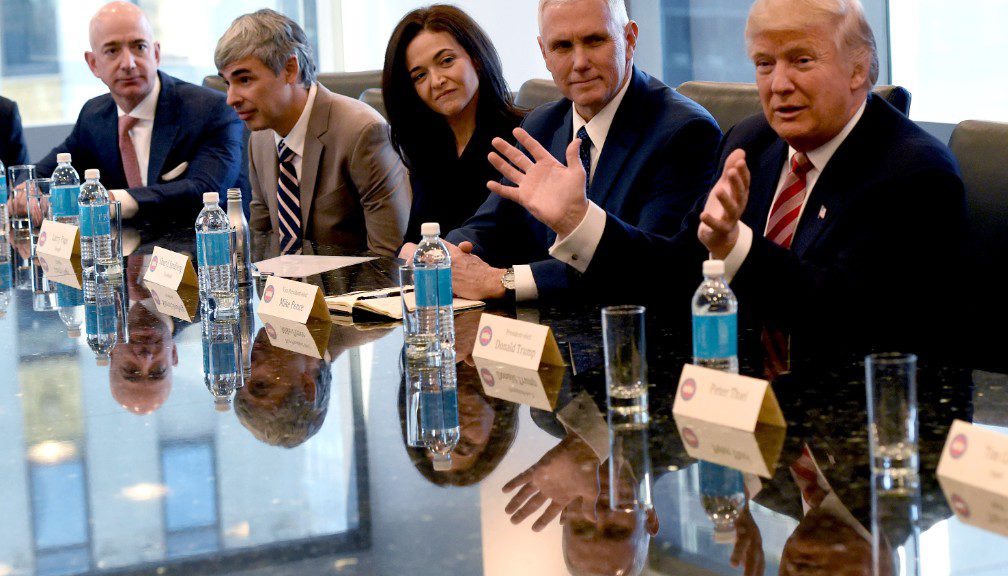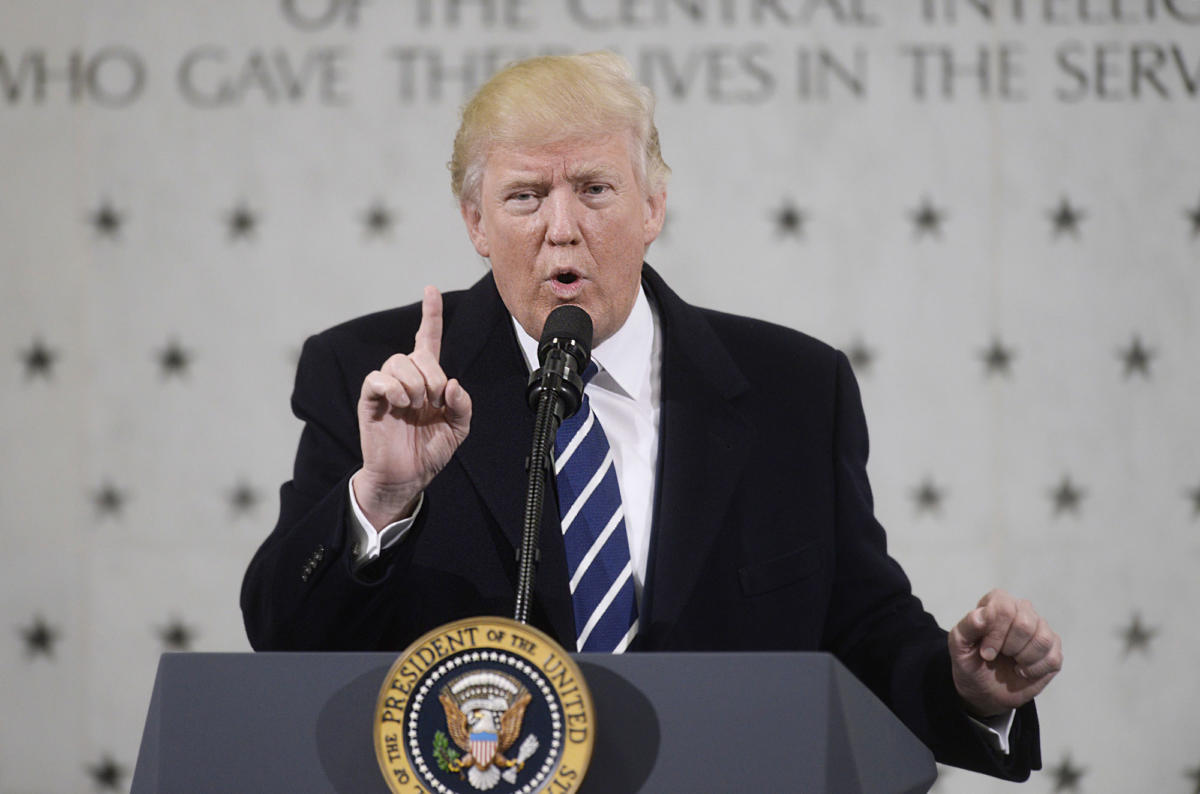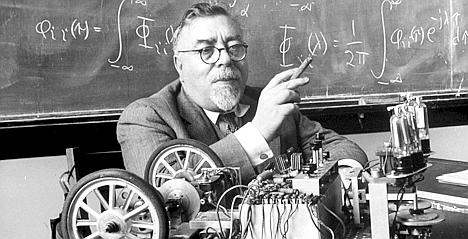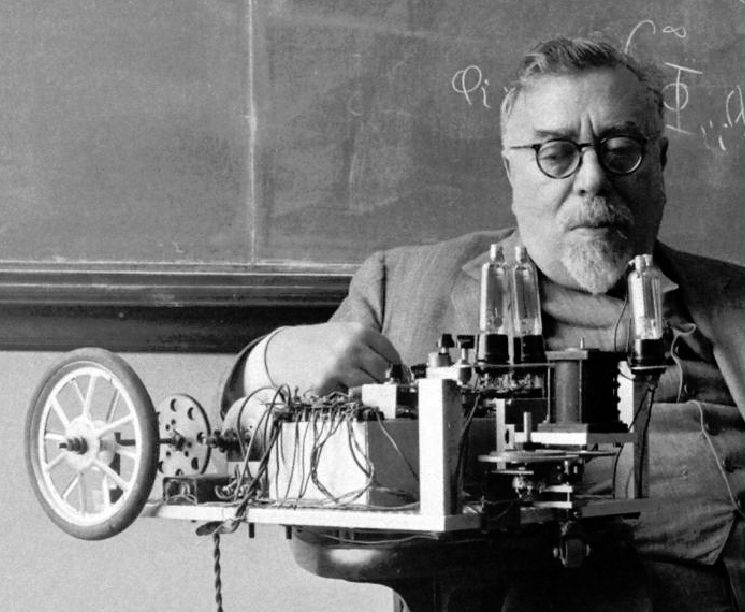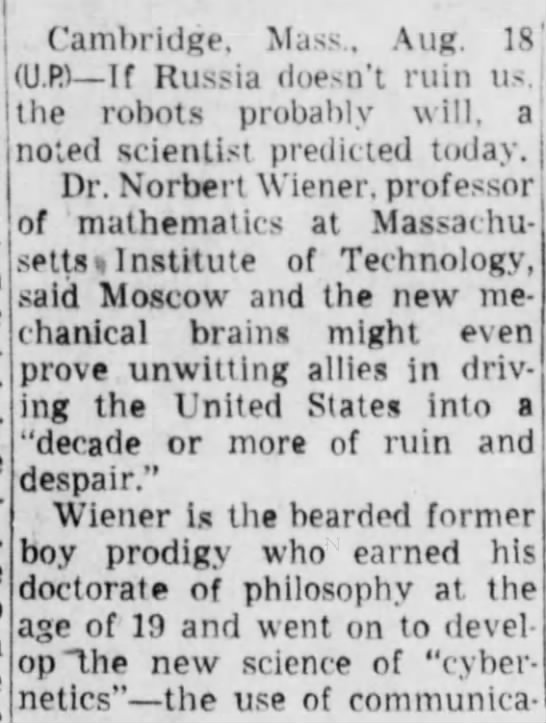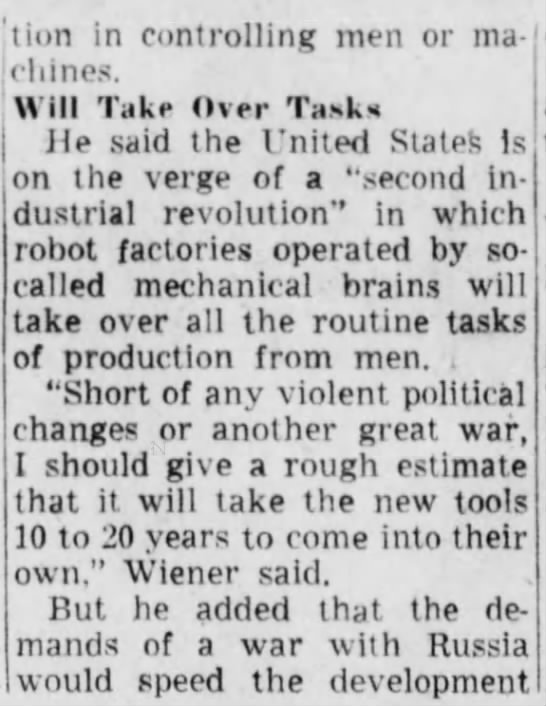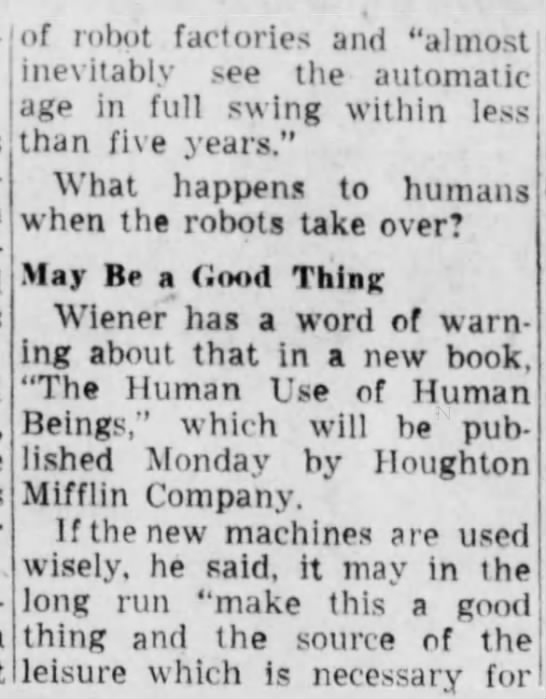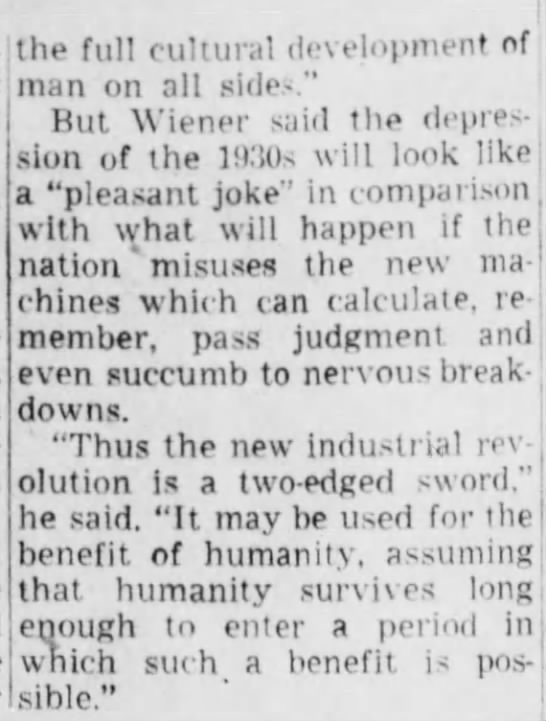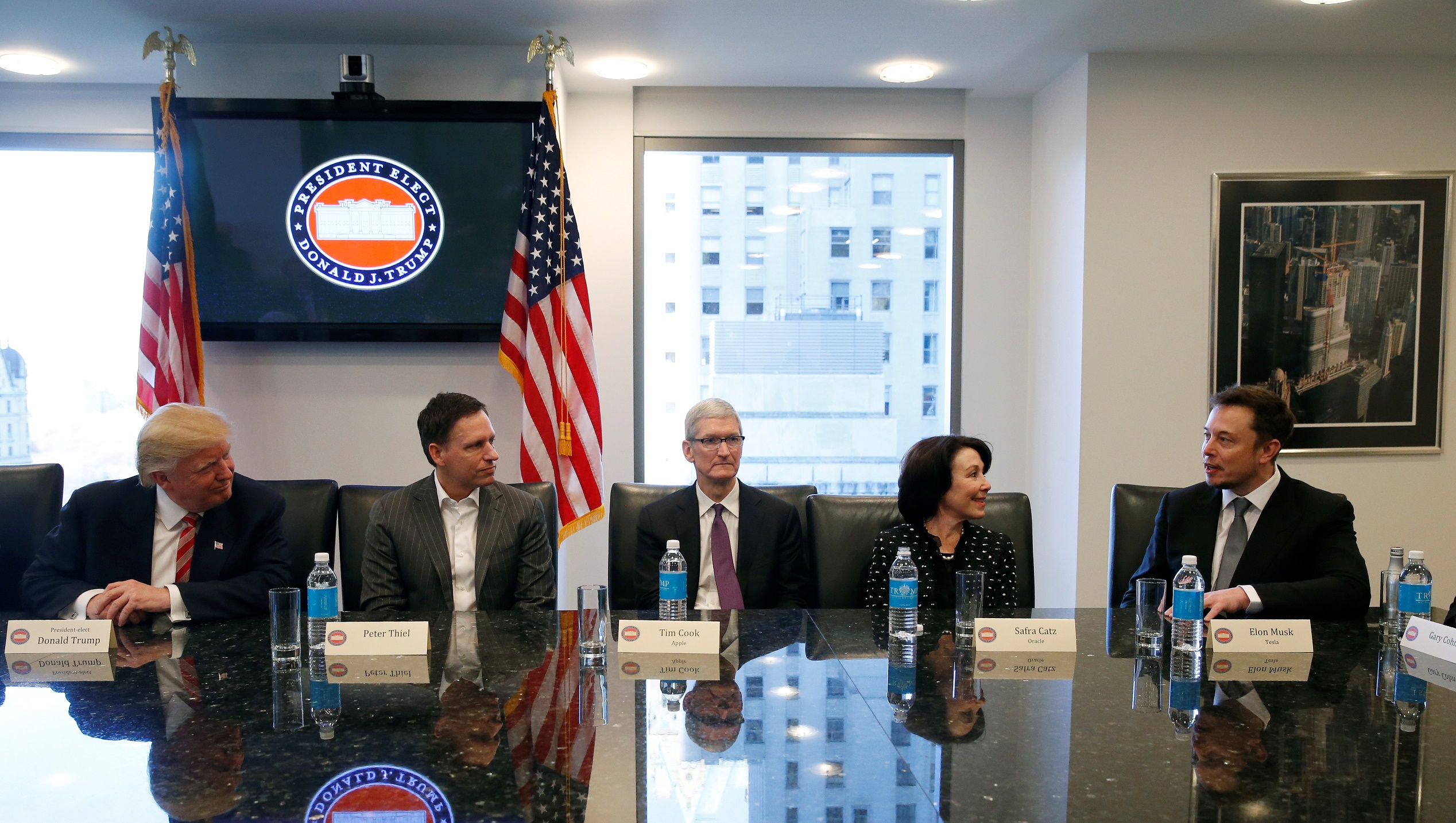Karl Marx wrote that “history repeats…first as tragedy, then as farce,” but when it comes to the threat of Fascism in America over the last century, the order, it would seem, has been reversed.
William Dudley Pelley was a white supremacist and Hitler wannabe with a missionary’s zeal when he ran for President in 1936, his risible campaign ultimately receiving a grand total of 1,600 votes. He spent most of the next decade in prison having been tried for and convicted of conspiring with the enemy during World War II.
Things didn’t start out so haywire for Pelley. An autodidact, he became a successful writer of fiction and nonfiction, even penning scenarios for silent films for Lon Chaney. In 1928, however, he claimed to have had an “out-of-body experience” in which God and Christ, performing in a duet, instructed the scribe to bring about a spiritual transformation in America, one which was to occur at the expense of Jewish and non-white people. He formed a militia of “Silver Shirts” and commenced to work which never, thankfully, proved successful.
Eighty years later, an aspiring autocrat and bigot received nearly 63 million votes, winning the Presidency by hook and by crook. Many scholars advise that Trump, for all his bad qualities, is not actually what would historically be called a Fascist. In December 2015, during the ugly-as-sin campaign, UK historian Matthew Feldman commented on the “F” word in an interview with Mic:
There are some [Fascist-sounding] things about Trump when seen in a particular light, such as his slogan, “Make America Great Again.” But what I really want to stress is that’s not the same thing as overthrowing liberal democratic regimes, which is really the hallmark of classic fascist movements.•
After all that’s transpired since the inauguration, including Trump and Steve Bannon’s words at this week’s CPAC Conference, it’s fair to fear the Administration intends to implode our liberal democratic regime from the inside. The President continued his all-out warfare on the free press, which has been one of his main targets along with the Judiciary and the Intelligence Community, while Bannon explicitly acknowledged heads of cabinets have been selected based on their ability to destroy them, to “deconstruct the administrative state.”
Even if the new boss doesn’t meet the precise specifications of traditional Fascism, elements of that system can be mixed with the new abnormal to bring about the same end. The risk of American autocracy is not a punchline now, but a series of punches. One way or another, it seems like it will all end in tragedy. It already has, really.
The following are a series of articles about Pelley from the Brooklyn Daily Eagle.
From April 5, 1938:
From April 5, 1942:
From August 16, 1942:


